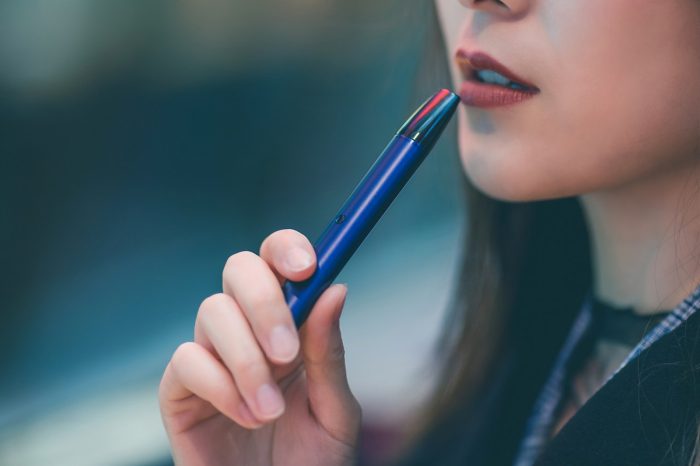Three McGill research projects received funding from CIHR to understand the overall health effects of vaping and determine whether vaping is linked to different outcomes for patients experiencing COVID-19 infections

Source: Research and Innovation
The Canadian Institutes of Health Research (CIHR), in partnership with the Canadian Cancer Society, recently announced the results of their rapid response Health Effects of Vaping Catalyst Grant funding opportunity. The grant opportunity was developed to provide funding for research aimed at further understanding the health effects of vaping in response to growing concerns about the rapid rise of vaping in Canada and the associated health effects.
There is an increased need for research evidence to advance the understanding of vaping behaviours, associated health effects like lung illness or injury, vascular changes, and impact on mental health and addiction. In total, the CIHR invested $2.7 million in 27 grants across Canada, with the hopes that the research projects chosen will help inform future development of policies, practices and programs related to vaping.
Three McGill studies received close to $300,000 in total funding from this opportunity, to study the effects of vaping. This funding opportunity is timely given that COVID-19 infections are known to negatively impact lung health. Two of the McGill studies focus on whether vaping can be linked to different outcomes for patients dealing with COVID-19 infections.
McGill’s recipients:
Vaping Safety: A Knowledge Synthesis; $99,984
Mark J. Eisenberg, Professor in the Department of Medicine and Senior Investigator at the Lady Davis Institute Centre for Clinical Epidemiology and Community, is the principal investigator.
Utility of a Preclinical Model to Study the Impact of Vaping Products on Cardiopulmonary Outcomes; $100,000
Professors Koren Mann of the Department of Oncology and Carolyn Baglole of the Department of Medicine, are the principal investigators.
Visualizing the effects of e-cigarette vape on alveolar macrophage function using a mouse model; $100,000
Professor Ajitha Thanabalasuriar of the Department of Pharmacology and Therapeutics, is the principal investigator.
Read CIHR’s press release
August 25 2020
